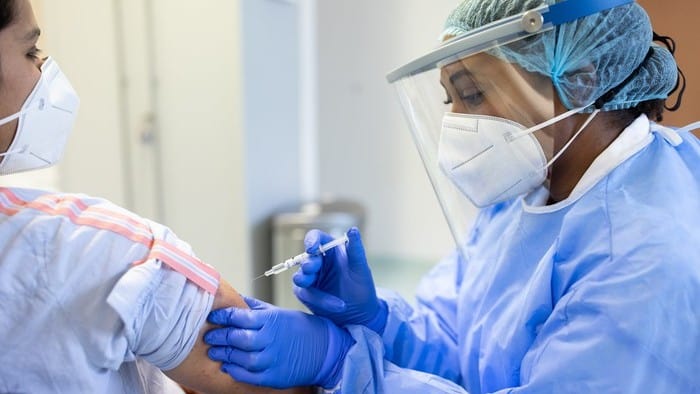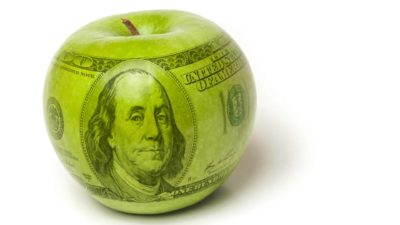This article was originally published on Fool.com. All figures quoted in US dollars unless otherwise stated.
The stock market has been choppy this week, and Wednesday brought some new fears to the table. Market participants are looking closely at rising incidence of new COVID-19 variants, which could threaten to bring yet another wave of cases to areas where vaccination rates have been less than ideal. By the end of the day, major market benchmarks like the Dow Jones Industrial Average (DJINDICES: ^DJI), S&P 500 (SNPINDEX: ^GSPC), and Nasdaq Composite (NASDAQINDEX: ^IXIC) had managed to recover their lost ground, but many investors remain nervous.| Index | Percentage Change | Point Change |
|---|---|---|
| Dow | +0.30% | +104 |
| S&P 500 | +0.34% | +15 |
| Nasdaq Composite | +0.01% | +1 |
Data source: Yahoo! Finance.
One thing that was somewhat surprising was the behavior of vaccine stocks amid worries about new COVID-19 variants. Moderna (NASDAQ: MRNA), BioNTech (NASDAQ: BNTX), and Novavax (NASDAQ: NVAX) were all sharply lower on the day. Below, we'll look more closely at the moves to try to figure out what's going on.Big losses in the vaccine area
The declines in vaccine stocks were quite substantial. BioNTech made out relatively well with a 4% decline. However, Moderna dropped almost 5% on the day, and Novavax was the hardest hit, falling 14%. Other vaccine hopefuls were also weaker, as Inovio Pharmaceuticals (NASDAQ: INO) dropped almost 7% and Ocugen (NASDAQ: OCGN) lost nearly 5%. Most analysts attributed the declines in vaccine stocks to the delta variant of COVID-19. The delta variant is much more contagious than earlier variants, and it has become the most prevalent cause of COVID-19 in the U.S. recently. The Centers for Disease Control and Prevention recently estimated that slightly over half of U.S. COVID-19 cases are now coming from the delta variant. The reason for concern seems to stem from the possibility that as COVID-19 variants evolve, they'll eventually get to the point at which current versions of vaccines are no longer effective. At least based on preliminary data, that doesn't seem to be the case with the delta variant. Existing vaccines from Moderna and BioNTech offer protection against the delta variant, albeit with some indications that efficacy might be somewhat reduced compared to earlier variants.Opportunity abounds
However, declines in vaccine stocks make little sense in light of ongoing worries about COVID-19. The reasons are simple. First, greater awareness of the importance of vaccination to fight future variant mutations should boost sales of currently available vaccines from these companies. But even more importantly, investors seem to assume that vaccine producers are standing still. Just as the virus can adapt to changing conditions, companies fighting the virus can adapt to the mutations, looking at ways to improve on existing vaccines. That might involve offering booster shots to those who've already received vaccinations, or it could eventually lead to entirely different vaccination regimens that could prove effective in fighting more aggressive strains of the virus. Sales of those new and existing products could actually help boost vaccine producers' longer-term prospects. With much of the world only now getting their chance to obtain and distribute vaccines to their populations, nervousness about vaccine stocks seems premature at best. If weakness continues, it'll be hard not to see lower prices for shares of vaccine makers as an opportunity for investors to take advantage of what in hindsight might well look like a bargain.This article was originally published on Fool.com. All figures quoted in US dollars unless otherwise stated.








